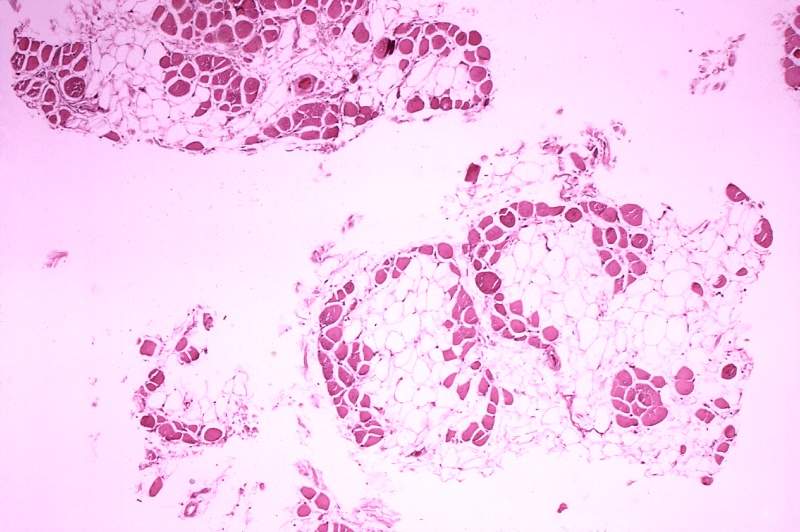
Catabasis Pharmaceuticals is set to commence the Phase lll POLARIS DMD trial in the second half of this year.
The trial is designed to examine the efficacy and safety of edasalonexent for the treatment of patients with Duchenne muscular dystrophy (DMD).

Discover B2B Marketing That Performs
Combine business intelligence and editorial excellence to reach engaged professionals across 36 leading media platforms.
As part of the global, randomised, double-blind, placebo-controlled trial, around 125 patients aged between four and seven years are expected to be enrolled.
The enrolled patients will include various mutation types, along with individuals who have not been on steroids for at least six months.
Catabasis also expects to include boys on a stable dose of eteplirsen in the POLARIS DMD trial.
During the course of the trial, two boys will be treated with edasalonexent for every boy that receives placebo and after 12 months, all boys are expected to receive edasalonexent in an open-label extension.

US Tariffs are shifting - will you react or anticipate?
Don’t let policy changes catch you off guard. Stay proactive with real-time data and expert analysis.
By GlobalDataThe trial’s primary efficacy endpoint will be change in the North Star Ambulatory Assessment score after 12 months of treatment with edasalonexent compared to placebo.
Major secondary endpoints of the trial are expected to comprise the age-appropriate timed function tests time to stand, four-stair climb and 10m walk/run.
In addition, assessments of growth, cardiac and bone health are planned to be included.
Top-line results from the trial are expected in the second quarter of 2020.
Catabasis Pharmaceuticals chief medical officer Joanne Donovan said: “We have designed a robust study with POLARIS DMD to evaluate edasalonexent as a potential new treatment for Duchenne.
“We have benefitted from input from many people that are part of the Duchenne community and we are well underway with our preparations to begin the trial.
“We believe that edasalonexent has great potential as a therapy to be taken on its own, as well as in combination with other treatments.”
Edasalonexent is currently being developed as a potential oral foundational therapy for DMD patients.





